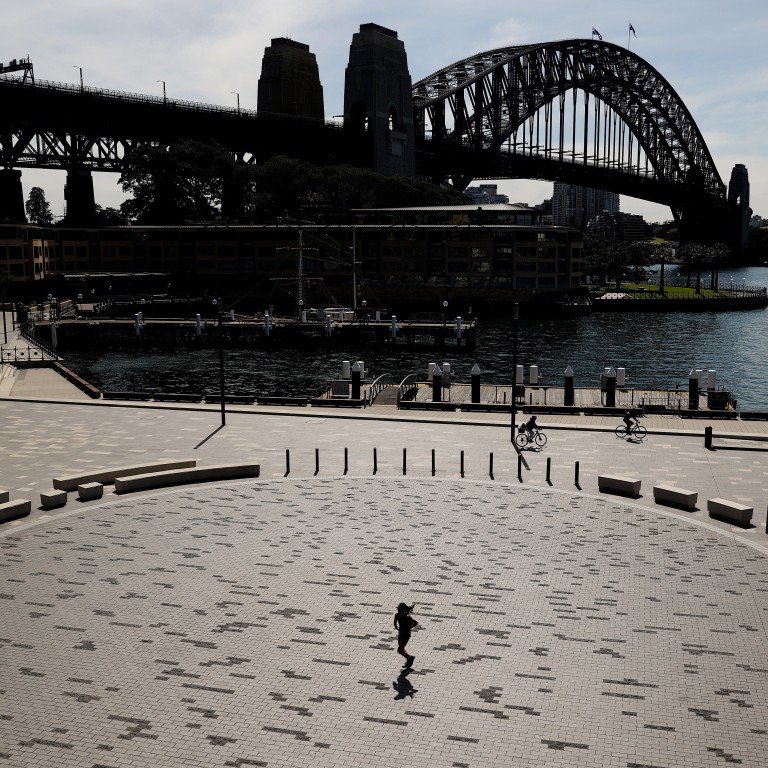
Australia’s ‘brutal’ Covid-19 lockdowns hit vulnerable groups harder, worsened existing inequalities: report
- The Fault Lines report, which criticised insufficient transparency around decision making, found the elderly and low-income workers ‘bore the brunt of the pandemic’
- Australia enacted some of the world’s strictest measures during the health crisis, including six lockdowns in Melbourne
The Fault Lines report, released in Sydney on Thursday and partly funded by mining billionaire Andrew Forrest’s philanthropic foundation, found vulnerable groups such as the elderly and low-income workers “bore the brunt of the pandemic.”
Australia enacted some of the world’s strictest measures during the pandemic, including closing its international and domestic borders.
Has the Delta variant of Covid-19 curbed the effectiveness of lockdowns?
“Lockdowns, overall, created a universal feeling that the pandemic was being policed rather than managed,” the report said.
Many lockdowns were “avoidable,” caused by failures in hotel quarantine, contact tracing and a sluggish vaccine roll-out, the report said. “Lockdowns, especially when targeted at a particular location, brought a deep sense of inequity among those who were most restricted.”
The panel – which was led by Peter Shergold, chancellor of Western Sydney University and one of the country’s most senior bureaucrats during John Howard’s time as prime minister – also criticised insufficient transparency around decision making, and lack of regard for vulnerable groups when designing and implementing policies.
While the report credits Australia for getting many of the big calls right in the initial days of the pandemic, it suggests that much of the country’s early success reflected starting advantages like a strong economy and geographical isolation.
However, the report found many of these early successes were eroded by excessive and politically motivated lockdowns and the inconsistent application of rules.
It pointed to four key failings in the government’s pandemic response: inequitable economic support that exacerbated existing disadvantages; the overuse of lockdowns and border closures; the unjustified closure of schools; and the failure to protect the elderly.
“Frontline workers, women, children, aged care residents, people with disabilities, ethnic communities, international students, expatriates overseas and those already experiencing relative socioeconomic disadvantage bore the brunt of the pandemic,” the review found. “Left unchecked, the recovery threatens to be just as unequal.”


